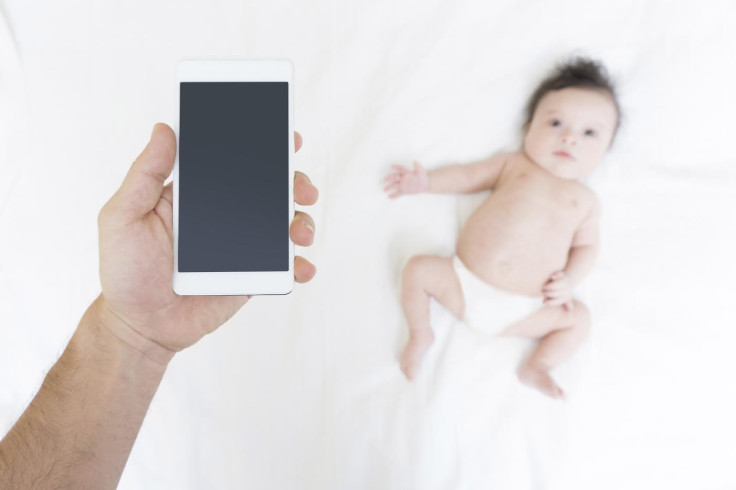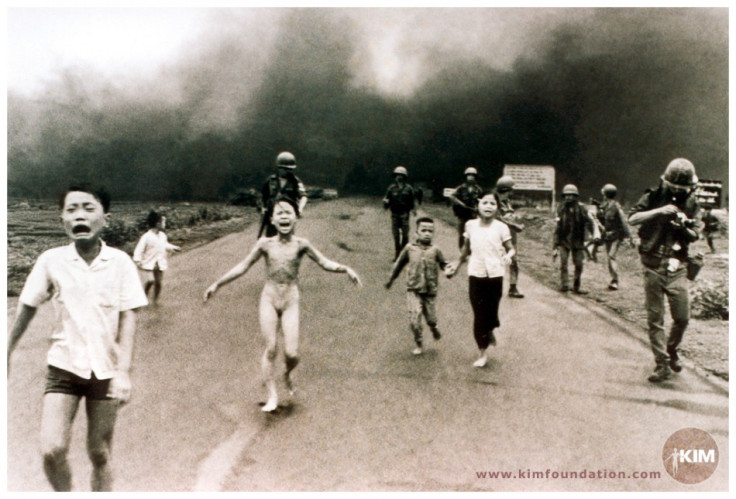Nude photos and the moral dilemmas posed by the right to privacy
At what point should the rights of an individual to privacy be subjugated to the greater good of society?

One of the first problems with formulating any law of privacy is that there are such diverse views as to where the lines should be drawn. That is before you tackle the near impossible task of defining what is private. Then you must decide under what circumstances the right of the individual must be subjugated to the interests of society.
The European Convention on Human Rights occupies itself with just identifying these life spheres; home, health and correspondence. Everybody recognises that this is inadequate. People are obviously entitled (for example) to privacy in their financial affairs. However, one thing which pretty well everybody agrees on; pictures of you with no clothes on engage your rights to privacy, and you should be entitled to prevent such pictures coming into the public domain.
In the UK, the law recognises a qualitative difference between invasions of privacy where mere facts are disclosed, as opposed to where the infringement of the privacy right comprises images. A well-known television presenter, for example, succeeded in obtaining an injunction to prevent the publication of images of him visiting a brothel. He was not, however, permitted to prevent publication of the fact of the visit.
An Austrian girl sues her parents for breach of her privacy
An 18-year-old girl from Austria has posed a challenge to the European jurisprudence on this issue. She is suing her parents for posting on Facebook pictures of her as a child which include her having her nappy changed, undergoing potty training, lying naked in her cot etc., The images were taken by her father and posted on Facebook so that they could be shared with family friends.
Leaving aside the dubious wisdom of posting naked pictures of any child online, the issue with which the Austrian courts must now grapple with is whether the daughter of the family has been the victim of a violation of her privacy rights because of the posting of these photographs.
Apparently her lawyer is confident she will win the lawsuit against her family; surely one of the saddest pieces of litigation you can imagine. It is very difficult to understand why in the face of these requests the young woman's father has not deleted the photographs; as indeed I would if I had such a request from my daughter. That, of course, is assuming that I would ever dream of even taking pictures of her naked (at whatever age); let alone post them on Facebook.
If this action were to be played out in the UK it is very hard to see how this woman would not succeed in her legal action against her father, and that he would not be ordered to delete the photographs, and also pay her damages for the infringement of her privacy which has been caused by the photographs of her naked — whatever age she was when they were taken.
Facebook applies its privacy rules to an iconic war photograph
A recent story about a photograph of a girl who was wearing nothing and was in a deep state of trauma has also recently been making the news. In another European country (Norway) Mark Zuckerberg has been accused of abusing his power as the effective proprietor of Facebook by deleting (or it has been called censoring) an iconic picture of the Vietnam War.

Facebook decided to delete a post by Norwegian writer Tom Egeland that featured a photograph which was entitled, "The terror of war," which had won a Pulitzer Prize. The photograph was taken by Nick Ut, and showed children running away from a napalm attack on their village during the Vietnam War. American forces had dropped napalm on the village and some of the infernal burning petroleum jelly had hit a nine-year-old Kim Phuc, whose clothes had been set on fire. She had stripped off her clothes, and was pictured in the photograph running naked in terror from the village which had been the scene of the US napalm attack.
It is difficult to imagine a more fundamental breach of the rights of this little girl, whose naked distress was disseminated by means of this iconic image throughout the world. However, it was part of the process which led to the decision by the US to end their involvement in the war in Vietnam, which in turn meant that the conflict came to an end. So far as I know, Kim Phuc has never raised any objection to the image either having being taken or published. She has also wonderfully and movingly been reconciled with the American pilot who inflicted the terrible injuries on her back (which still causes her pain till this day) not visible in the photograph.
The dilemma
Here then is the dilemma. At what point should society say that the rights of an individual to privacy (in particular in images of their own body) should be subjugated in some way to the greater good of society?
In the case of the teenage Austrian girl, it is inconceivable that the interests of society are in any way served (and indeed rather the reverse) if pictures of her naked infant form exists online for others to view. In the case of the extraordinarily brave Kim Phuc, if an image of her naked and burnt frame has the effect of saving other children (and adults) suffering the same fate, perhaps that is a "greater good" which justifies even its deployment some 50 years later in order to highlight the horrors of war.
Jonathan Coad is a partner at Lewis Silkin LLP. Follow him on Twitter @jonathan_coad
© Copyright IBTimes 2025. All rights reserved.





















